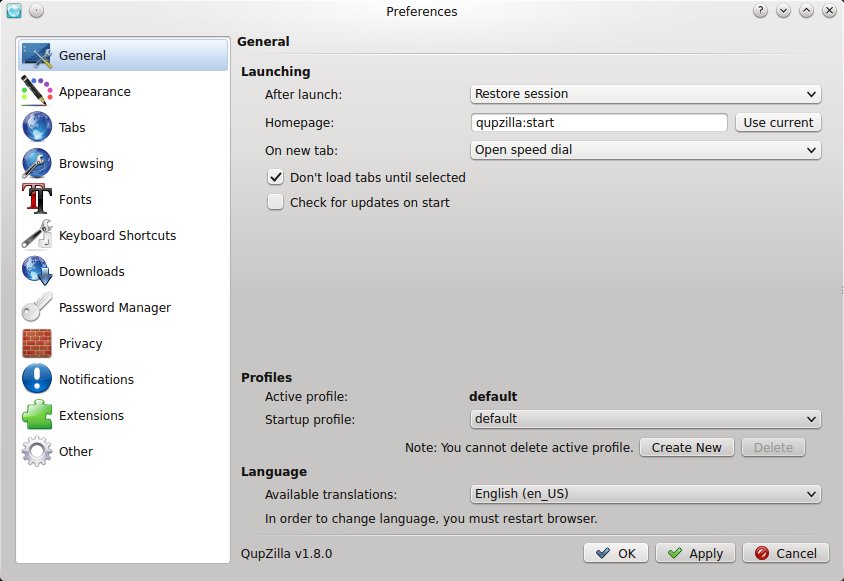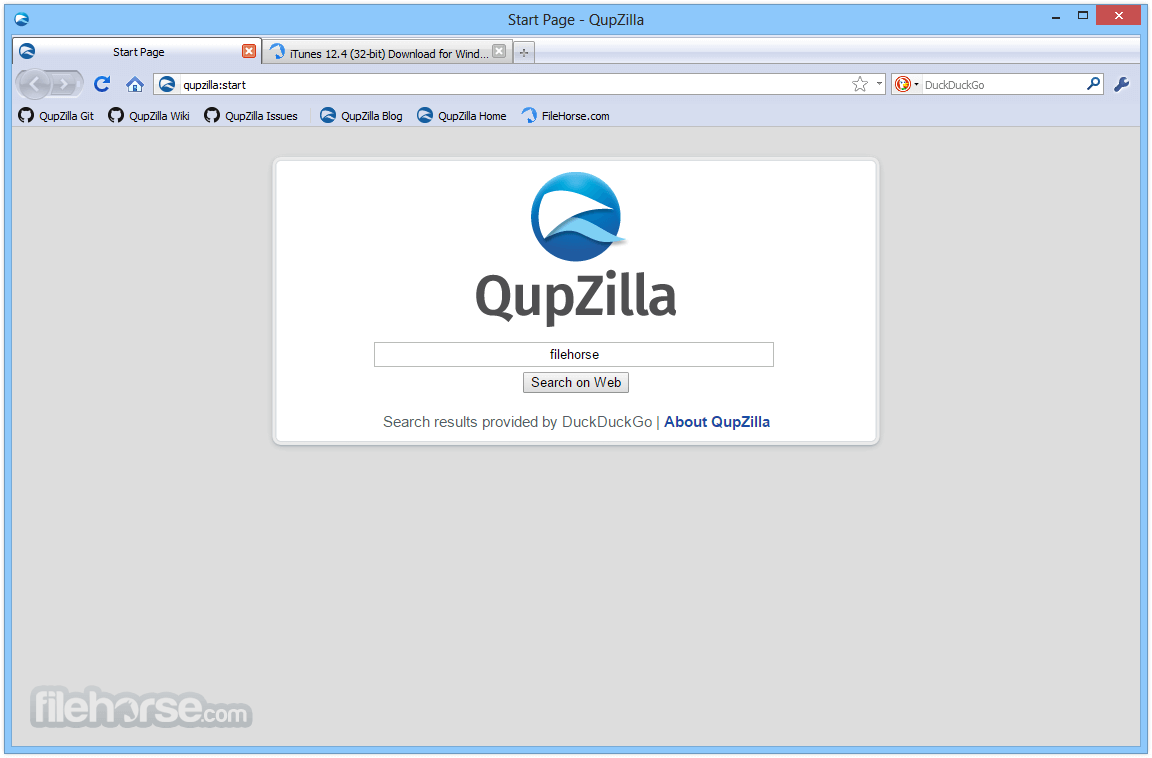

All of this happens ONLY when using Debian-testing. I've since noticed that the entirety of 's tangle of pages is affected by whatever it is that's going on, none displaying more than a few words of text (dates only from what I've witnessed so far), rendering them useless really. What I mean is that I have Gnome 3 running under a few other distros (Red Hat and Arch families) and they all display the page correctly. I wouldn't be posting here if it wasn't Debian-specific.

I hate to bump this, but it's been a while now, with some updates since originally posted. Any ideas as to where else I should look? No non-standard fonts or anything in use, just the standard cantarell, and I haven't changed any font settings in Iceweasel (from the stretch repo of course). Why? I just updated and I believe there were some gnome bits and pieces in there, so maybe something got messed up via that? I've tried reinstalling the Nvidia drivers, un-activating then re-activating the Gnome Shell Integration plug-in, all without any change. No text at all, even when I type into the search thing. Here's the problem: I have installed extensions already using the website, but now I notice that the page isn't displaying properly. I use the proprietary Nvidia driver, which works well, is up to date, and has never presented a problem. I've been running Debian (stable) on my daily use machine for years now without incident, or at least anything that would require help here, but I installed -testing a few months ago to play with and have now run into my first head-scratcher.įirst of all, my sources list is fine (just stretch - main, contrib, non-free), I installed using netinstall (amd64), and chose Gnome as the DE. Support for WebExtensions would need to be first implemented in Qt WebEngine, the progress of which is tracked in the Qt Bug Tracker: Downloaded archives from the Falkon Store will generally contain a folder you can place in either of these.įalkon doesn't (currently!) support WebExtensions, meaning that any extensions designed for Chrome or Firefox are incompatible, unless rewritten and ported to Falkon's extension API.
#QUPZILLA EXTENSIONS CODE#
While it has many built-in, third-party extensions can be found on the official Falkon Store and installed manually, though it's always a good idea to read the source before running untrusted third-party code in your browser.įalkon 3.1 will scan for extensions in the ~/.config/falkon/plugins/ and /usr/lib/qt/plugins/falkon/python/ directories, used for user-specific or system-wide installs respectively. The built-in AdBlock also has a preset to enable EasyPrivacy when you try to add a subscription, which you may enjoy for safer browsing.įalkon supports both QML and Python extensions in versions 3.1 and newer. It's strongly recommended to look through the settings prior to use in an insecure environment, and make sure they're up to scratch with how secure you want your browser to be.
#QUPZILLA EXTENSIONS PASSWORD#
Most importantly, XSS auditing is disabled by default, and the password manager stores a plaintext database.
#QUPZILLA EXTENSIONS MANUAL#
It must be stressed though that most of these require manual intervention to make the most of. DuckDuckGo is used as the default search engine over Google. JavaScript permissions can be restricted, and there's a built-in function to modify your user agent with no need for an extension. It also has optional XSS auditing to prevent cross-site scripting attacks. The settings give fine-grained control over what data is saved and cached, including the ability to delete the cache, history, and locally stored HTML5 content when closing the browser. This, in effect, also gives Falkon a level of integration with KDE Connect.įalkon has a substantial number of features to secure your privacy. Starting in Falkon 3.1, Falkon has support for custom extensions written in Python or QML, along with tighter integration with the KDE Frameworks, allowing you to make use of its sharing features. It also features a lot of general customizability and configuration, as is typical for KDE apps. It also is much smarter than Firefox about opening downloaded files in your system's default application for that filetype.Īn AdBlock is included and enabled by default, and other extensions are built-in and available such as GreaseMonkey, a reverse image search, mouse gestures, tree-style tabs, and an autoscroll. It can use native scrollbars, store passwords in KWallet, integrate with KDE PIM, print with the native Qt dialog, and it always uses a native look-and-feel to align with your system and icon theme. Compared to other mainstream browsers, Falkon sees fantastic integration with KDE, thanks largely to being one of the few browsers to use Qt 5.


 0 kommentar(er)
0 kommentar(er)
